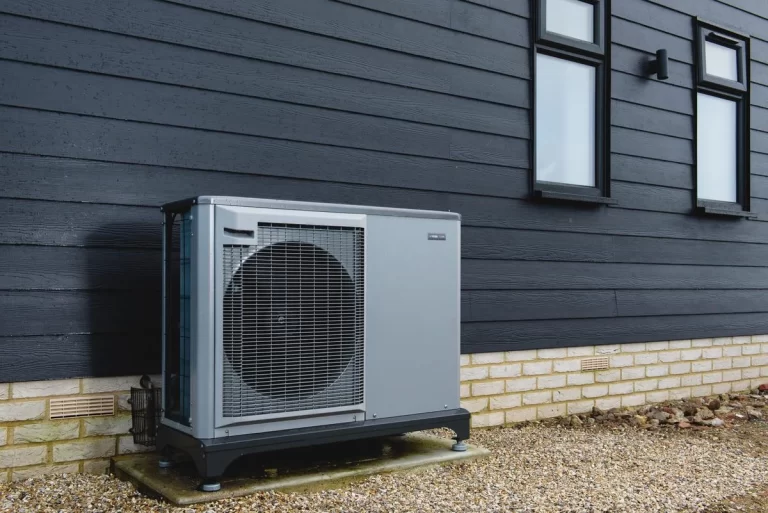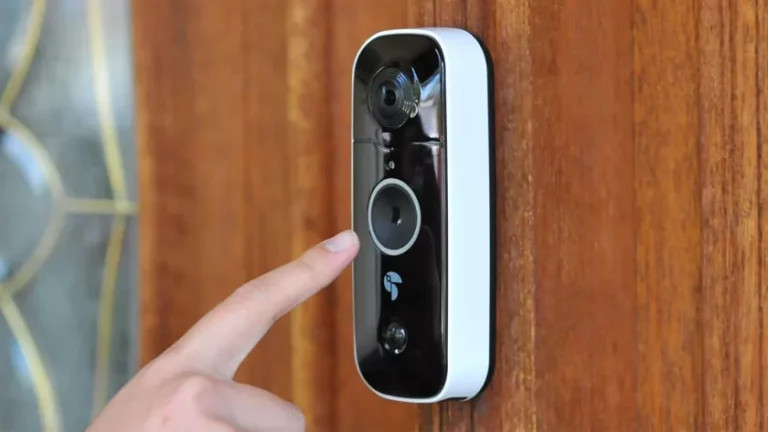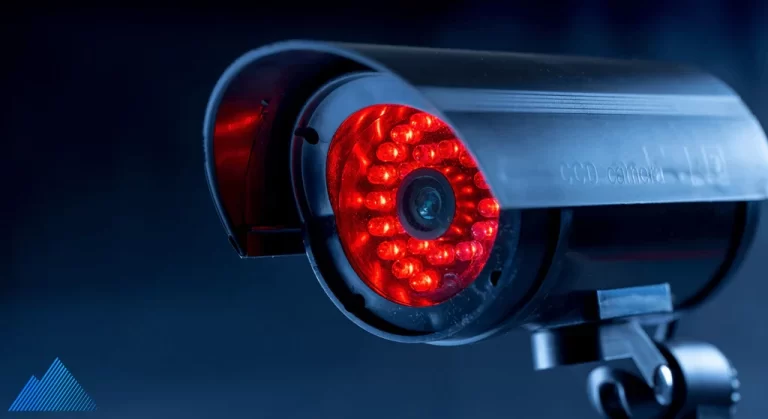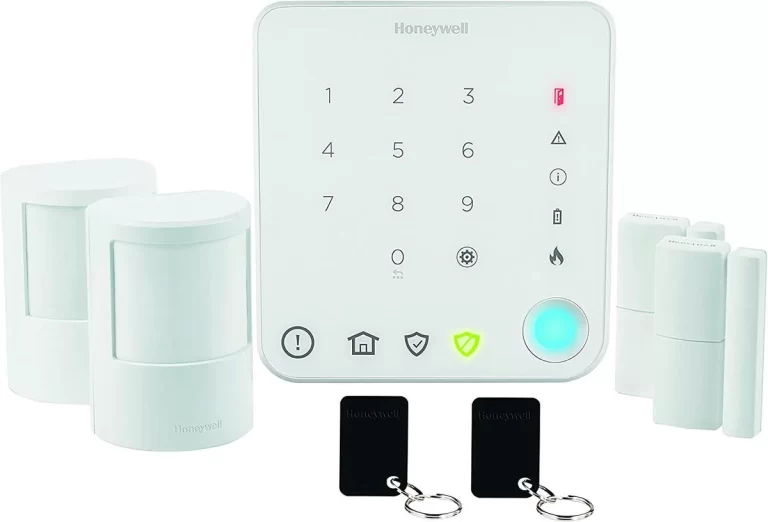Do Smart Door Locks Require Wi-Fi?
Smart door locks have become increasingly popular as a convenient and secure way to enhance home security. These advanced locks offer numerous features such as keyless entry, remote access, and integration with home automation systems.
One common question that arises when considering smart door locks is whether they require Wi-Fi connectivity. In this article, we will explore the functionality of smart door locks and discuss whether or not they rely on Wi-Fi for their operation.
Do Smart Door Locks Need Wi-Fi?
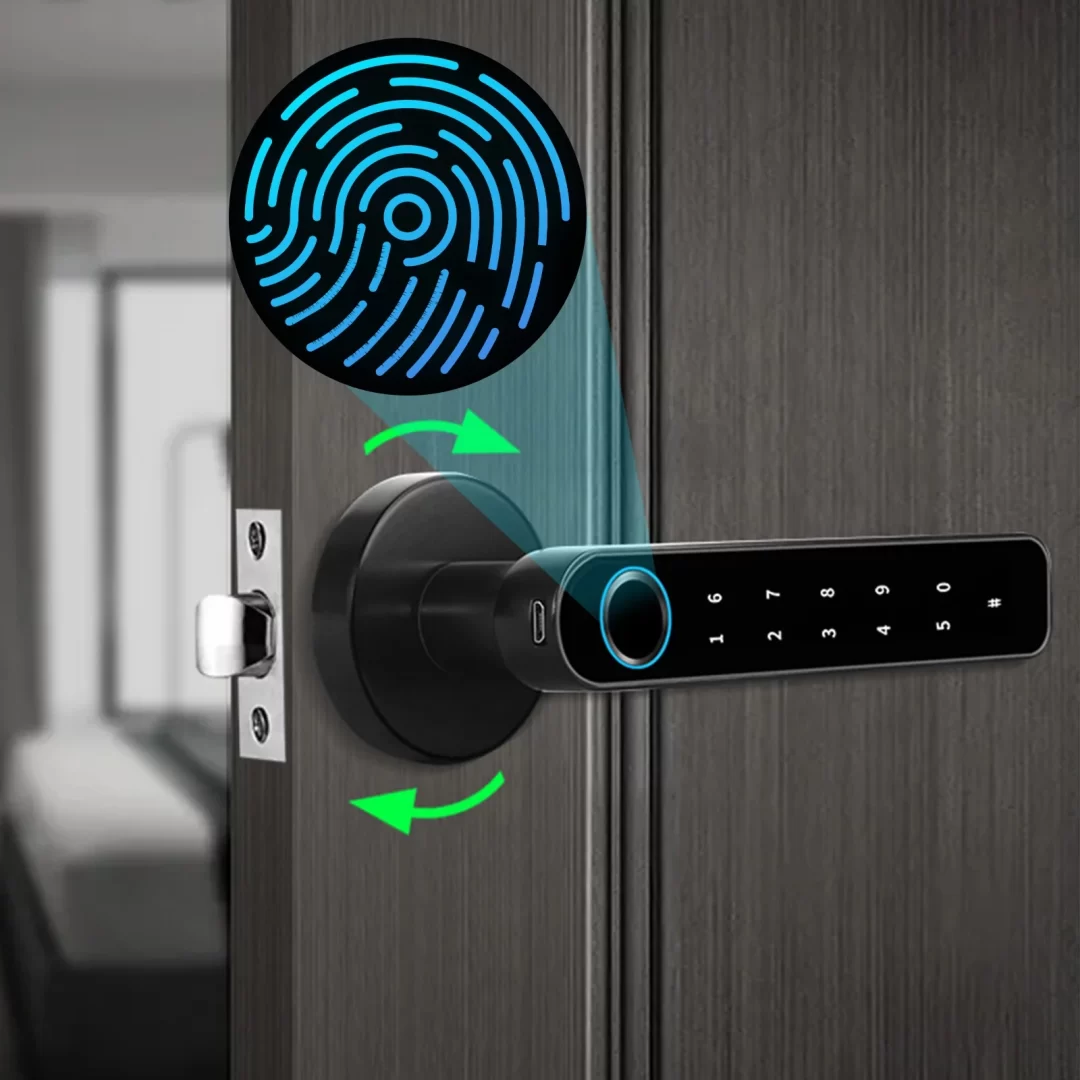
Smart door locks come in various types, and their Wi-Fi requirement depends on the specific model and its features. While some smart door locks do require Wi-Fi connectivity to function fully, others can operate independently without relying on an internet connection.
Let’s delve into the details and understand the different scenarios.
1. Smart Door Locks with Wi-Fi Connectivity
Certain smart door locks are designed to connect to your home’s Wi-Fi network. These locks offer extensive functionality and can be controlled remotely through a smartphone app or a web interface.
Here are some key benefits and considerations of smart door locks that require Wi-Fi:
Pros of Smart Door Locks with Wi-Fi:
I. Convenient Remote Access
With Wi-Fi connectivity, you can control your smart door lock from anywhere using your smartphone or computer.
This means you can lock or unlock your door remotely, grant access to guests even when you’re not at home, and monitor the lock’s activity.
II. Integration with Home Automation Systems
Wi-Fi-enabled smart door locks can be seamlessly integrated into your home automation ecosystem.
They can communicate with other smart devices, such as security cameras, lights, and thermostats, allowing for advanced automation and enhanced security.
III. Real-Time Notifications
When connected to Wi-Fi, smart door locks can send real-time notifications to your smartphone, keeping you informed about who is entering or leaving your home.
This feature is particularly useful for monitoring the comings and goings of family members, service providers, or even intruders.
Cons of Smart Door Locks with Wi-Fi:
I. Dependence on Internet Connection
Since these locks rely on Wi-Fi, a stable internet connection is essential for their proper functioning. If your Wi-Fi network goes down or experiences connectivity issues, you may not be able to control your smart door lock remotely.
II. Potential Security Risks
Wi-Fi-connected devices are vulnerable to hacking attempts, and smart door locks are no exception.
While reputable manufacturers employ robust security measures, it is crucial to ensure that your Wi-Fi network is secure and that you follow best practices for protecting your smart devices from unauthorized access.
III. Higher Cost
Smart door locks with Wi-Fi capabilities often come with a higher price tag compared to their counterparts that operate independently.
Additionally, you may also incur ongoing costs, such as monthly subscription fees for advanced features or cloud storage.
2. Smart Door Locks Without Wi-Fi Connectivity
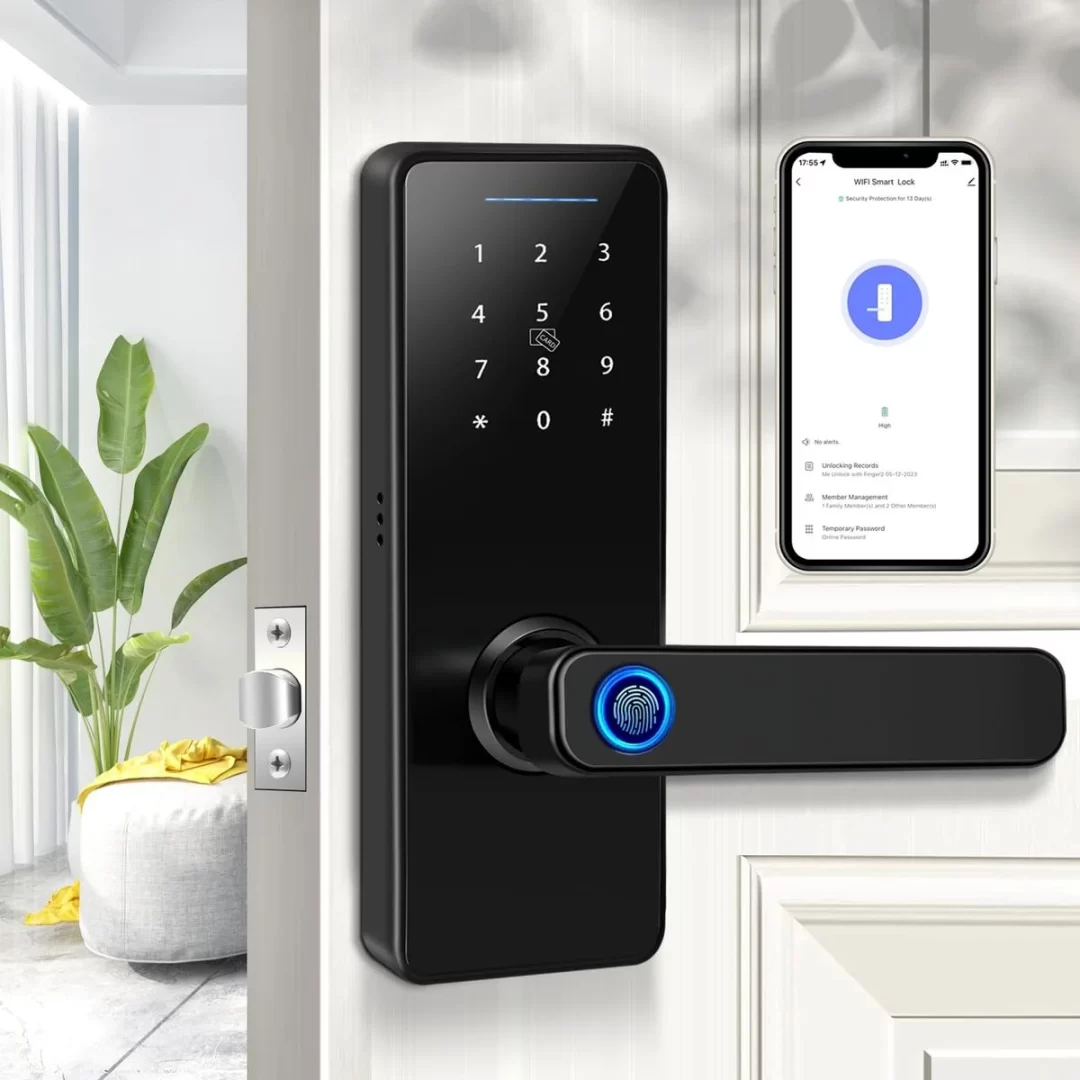
There are smart door locks available in the market that do not require Wi-Fi connectivity. These locks operate using alternative means of communication and provide a range of features.
Let’s explore the advantages and considerations of smart door locks that operate independently:
Pros of Smart Door Locks without Wi-Fi:
I. No Internet Dependence
As these locks don’t rely on Wi-Fi, you can control them without an internet connection. This can be beneficial in situations where your Wi-Fi network is down or when you prefer not to connect your lock to the internet for security reasons.
II. Lower Cost
Smart door locks without Wi-Fi capabilities are often more affordable than their Wi-Fi-enabled counterparts. If you’re on a budget or don’t require remote access and advanced integrations, these locks can be a cost-effective option.
III. Reduced Security Risks
Since these locks do not connect to the internet, the risk of online hacking is significantly reduced.
While no lock is entirely impervious to physical attacks, the absence of internet connectivity mitigates the potential vulnerabilities associated with Wi-Fi-connected devices.
Cons of Smart Door Locks without Wi-Fi:
I. Limited Remote Access
Without Wi-Fi connectivity, controlling your smart door lock remotely is not possible. You need physical proximity to the lock or use alternative means of communication, such as Bluetooth or Z-Wave, which may have limited range.
II. Lack of Integration with Home Automation
Smart door locks without Wi-Fi may not be compatible with certain home automation systems that rely on internet connectivity.
If you have a comprehensive smart home setup and want to integrate your door lock with other devices, you may need to consider a Wi-Fi-enabled lock or explore alternative compatibility options.
III. Absence of Real-Time Notifications
Since these locks do not connect to the internet, they cannot send real-time notifications to your smartphone. If you require immediate updates on who is entering or leaving your home, a lock without Wi-Fi may not meet your needs.
Conclusion
In conclusion, the requirement for Wi-Fi connectivity for smart door locks depends on the specific model and its features. While some smart door locks require Wi-Fi for full functionality and remote access, others can operate independently without an internet connection.
When choosing a smart door lock, it is essential to consider your specific needs, budget, and security preferences to determine whether Wi-Fi connectivity is necessary for your requirements.
READ ALSO!!!
